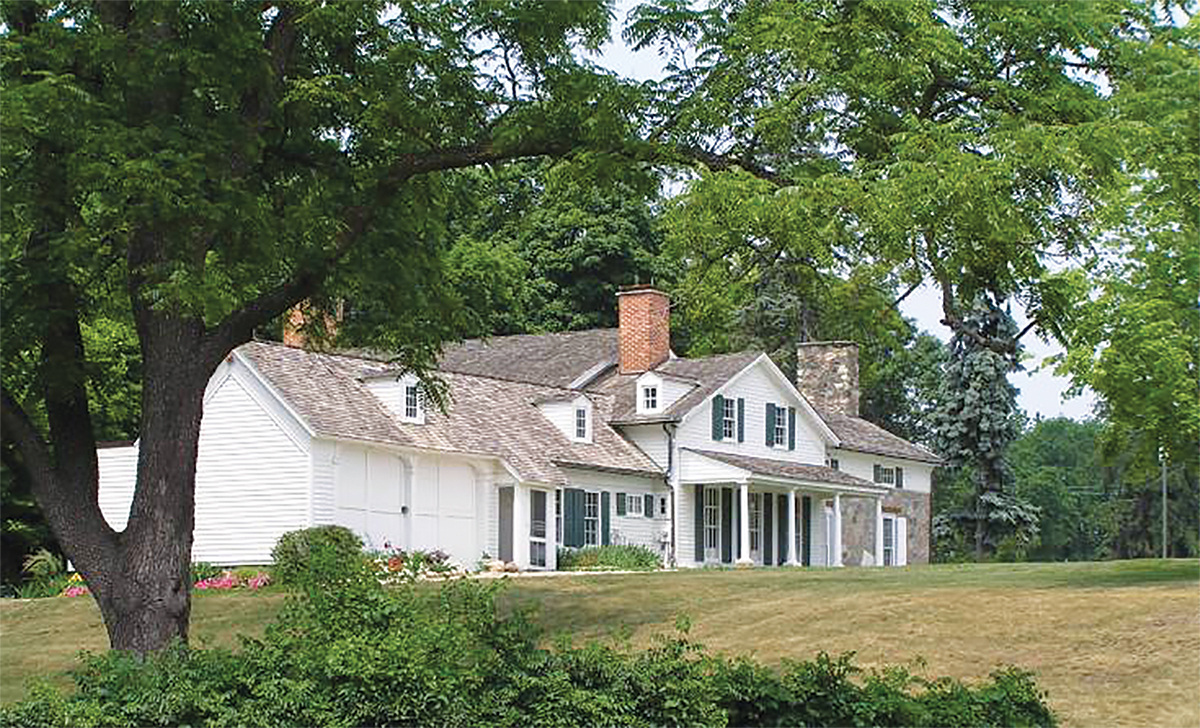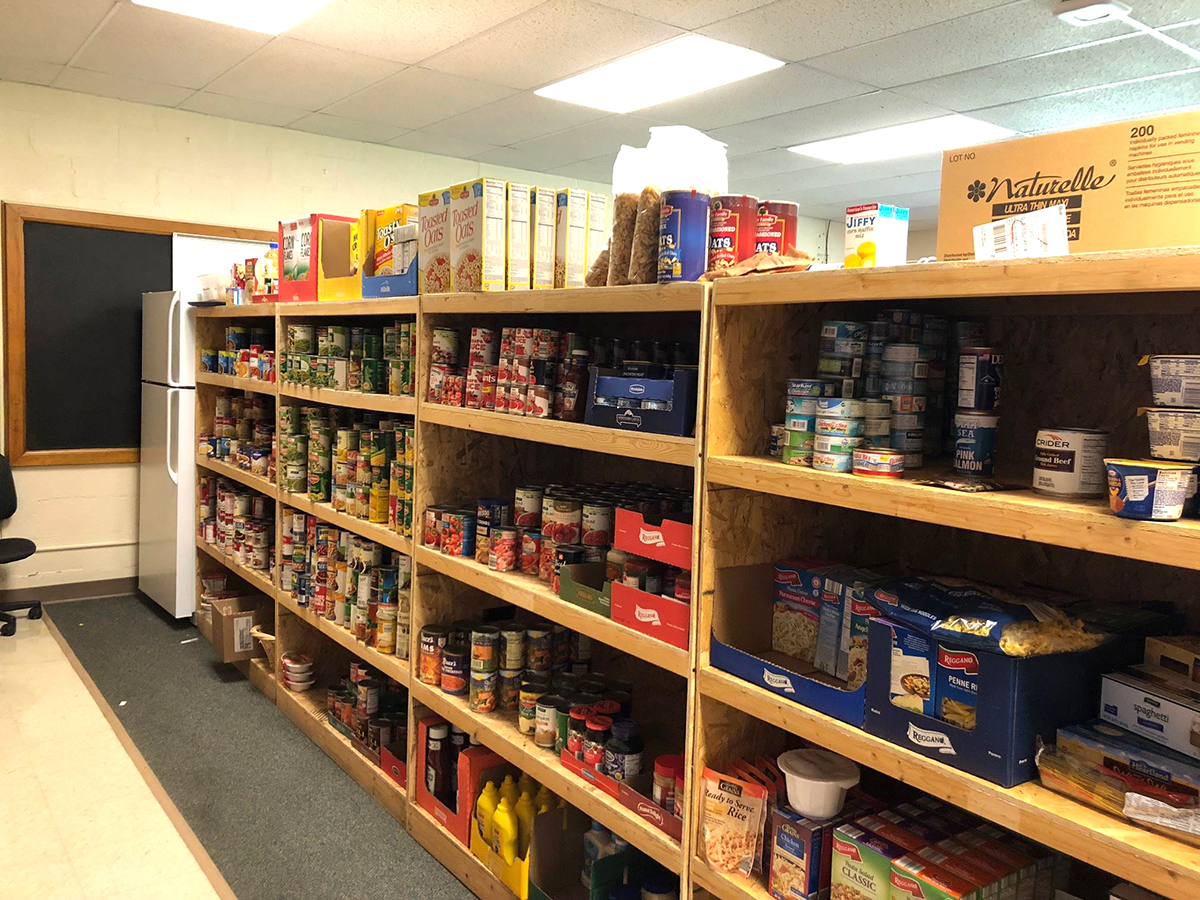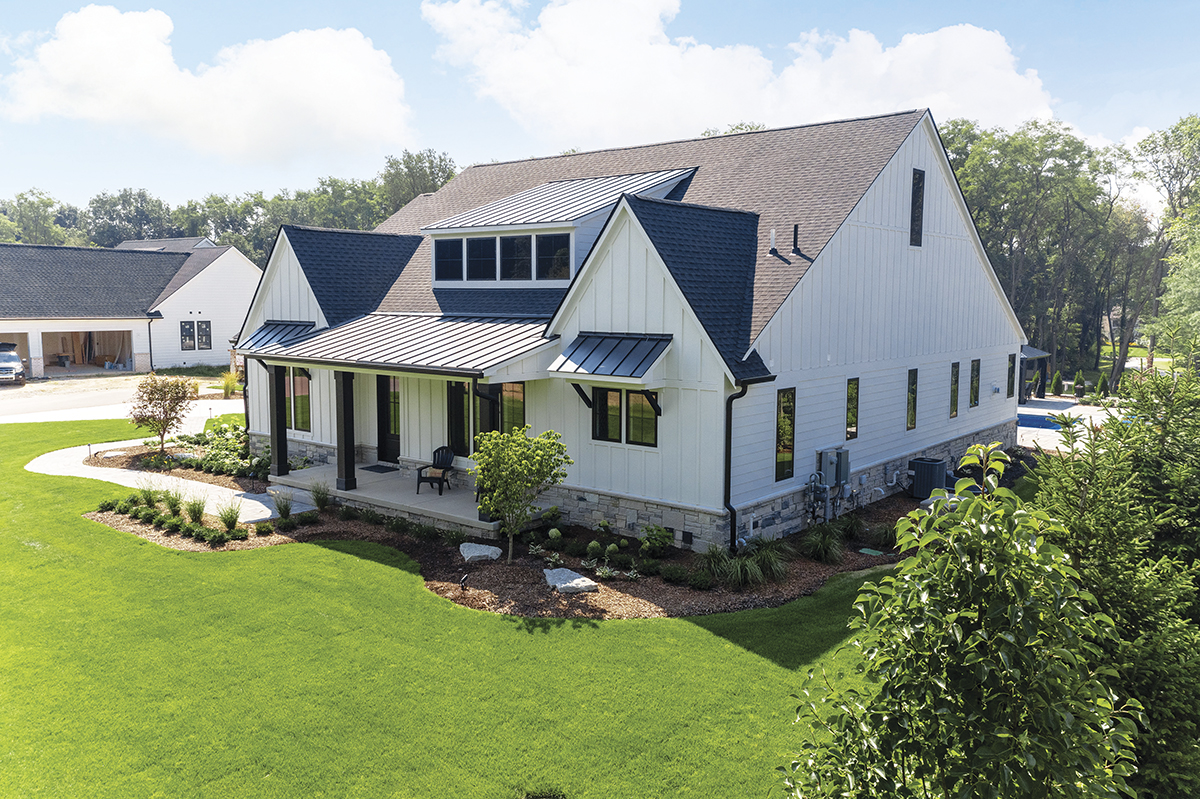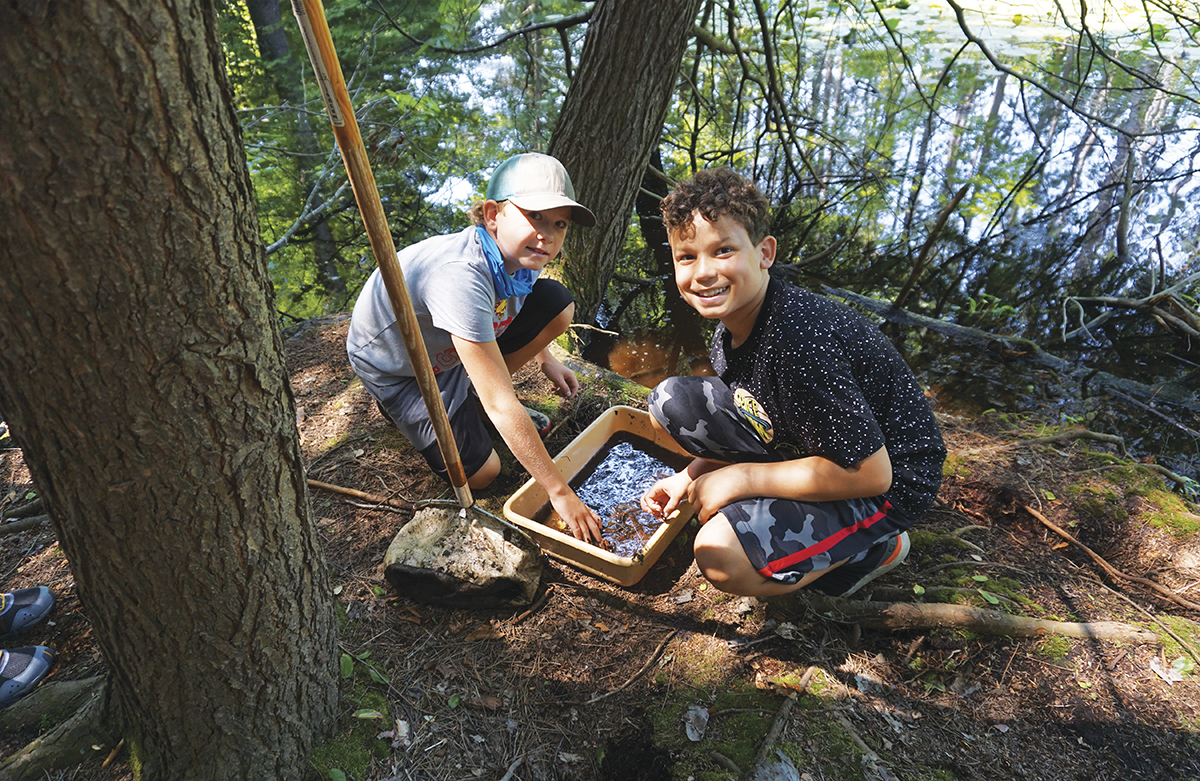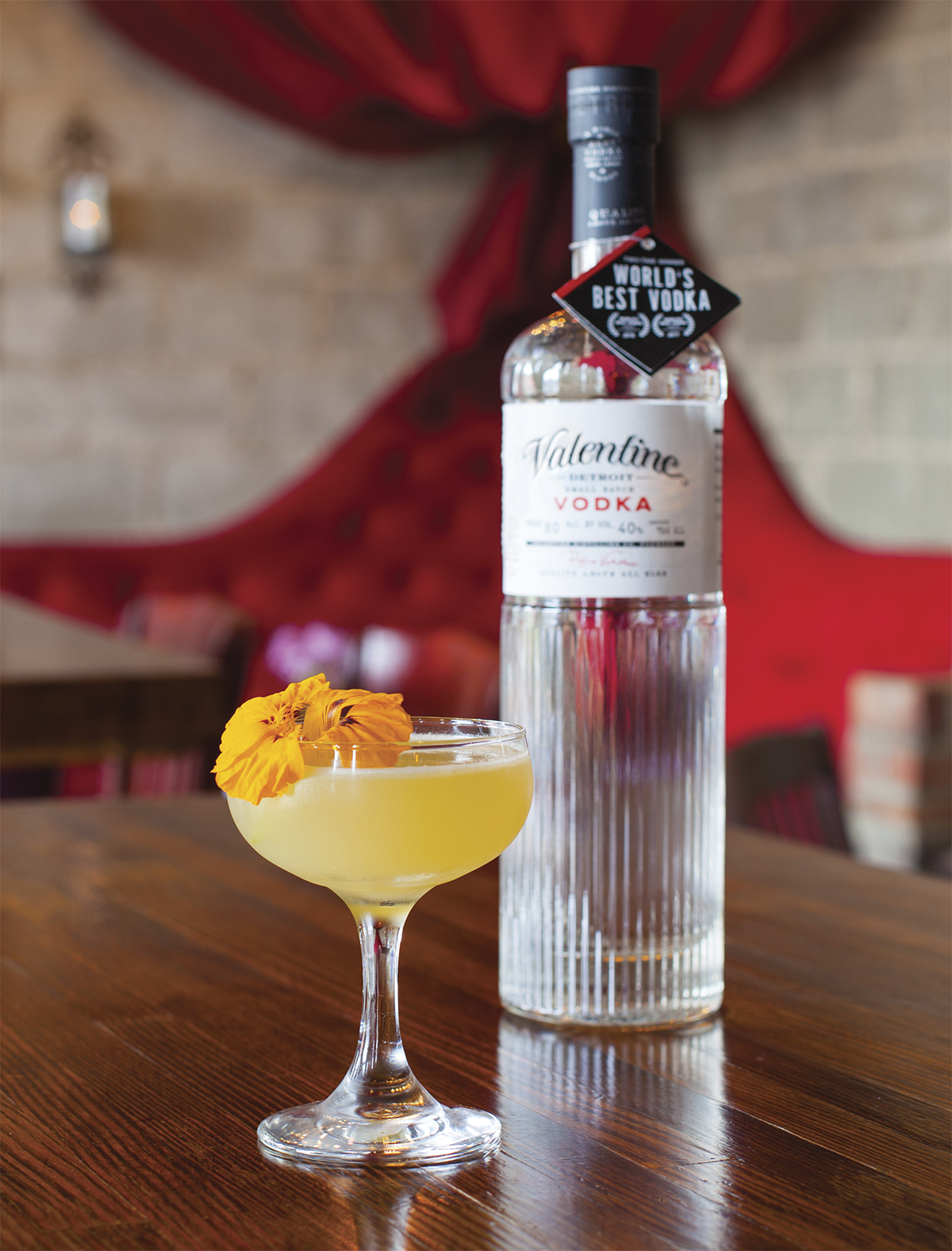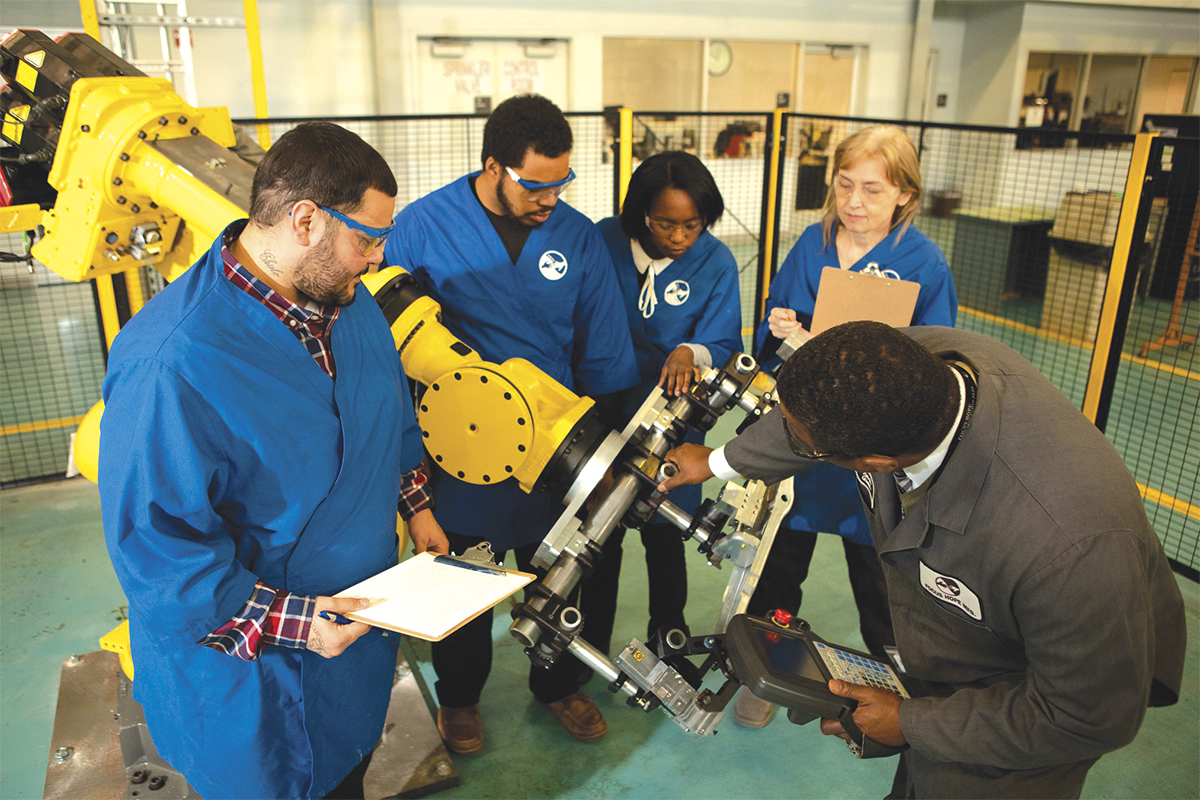WRITER | NICOLETTE CHAMBERY
PHOTO | ROCHESTER HILLS MUSEUM AT VAN HOOSEN FARM
Showcasing the Importance of Family Legacy
Today, the term feminist can both incite and discourage conversation. Politics aside, there is a neutral conversation to be had about the ways society can better appreciate and employ the skills of women, not just today, but in the future. And what better way to begin that conversation than by remembering those who paved the way?
Dr. Bertha Van Hoosen, a notable former owner of the Van Hoosen Farm, is a great example deserving of such recognition. A world-renowned surgeon in the late 1800s, Van Hoosen overcame significant challenges and criticism before launching her private practice – and she confronted similar challenges throughout her career.
Van Hoosen not only led a historically significant life in terms of medicine, but she also grew up on a historically important farm that was preserved and eventually maintained solely by the females in her family who outlived her.
The house itself was built in 1840, replacing a log cabin built on the same site. There were three major wings added over time to what would eventually become the museum. The property has been maintained for the past 33 years by property manager Pat McKay, whose family occupied a nearby farm where he still lives today.
The Van Hoosen farm spanned 160 acres when first purchased in 1823 by Lemuel and Sarah Taylor. It grew to 350 acres by 1972 and now sits on 16 acres of farmland. The Taylors’ granddaughter, Sarah Ann, and her husband Joshua Van Hoosen purchased the farm in 1864. Joshua and Sarah’s daughter Alice then took over the farm and eventually left it to her daughter, Sarah Van Hoosen Jones, and her Aunt Bertha Van Hoosen. Sarah and Bertha conducted important research in both medicine and genetics, their respective fields of study. As neither married, the Van Hoosen family line ceased after Sarah, the last remaining member, died.
The Van Hoosen family secretary remained living in the house for a time after Sarah’s death, making it difficult for Michigan State University, to which Sarah had donated the house, to advance plans for its preservation. Eventually, the property was acquired and reconstructed to be suitable for visitors who wished to immerse themselves in this particular artifact of history.
Today, the museum boasts a number of annual events and activities to simulate the experience of farming from years ago. McKay himself is a wealth of knowledge, lauding the strength of the Van Hoosen women, but also the historical impact of a home such as this.
Let’s remember what Bertha Van Hoosen overcame to develop the women — and the world — around her. Her parents didn’t support her career choice, so she paid for her schooling herself. Her male colleagues didn’t respect her, and it was illegal for her to advertise her medical practice at the time, even though she was as well-educated as her male counterparts. Bertha gained success as a gynecological surgeon through word of mouth, and went on to write a book that topped the New York Times bestselling list in 1947.
Museum at Van Hoosen Farm
1005 Van Hoosen Drive
Rochester Hills, MI 48306
(248) 656-4663
RHMuseum@rochesterhills.org


